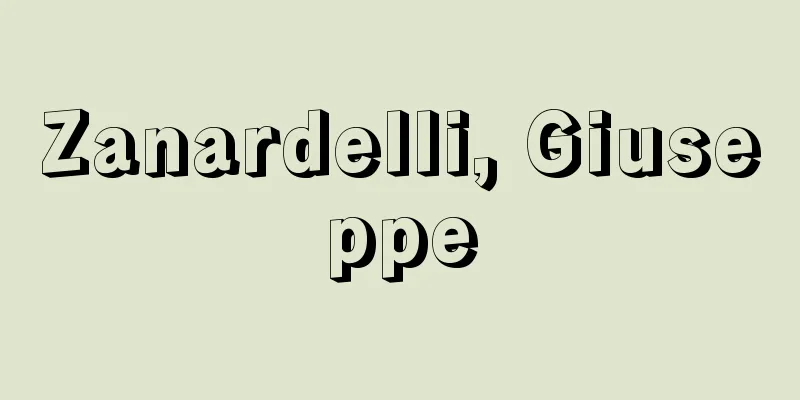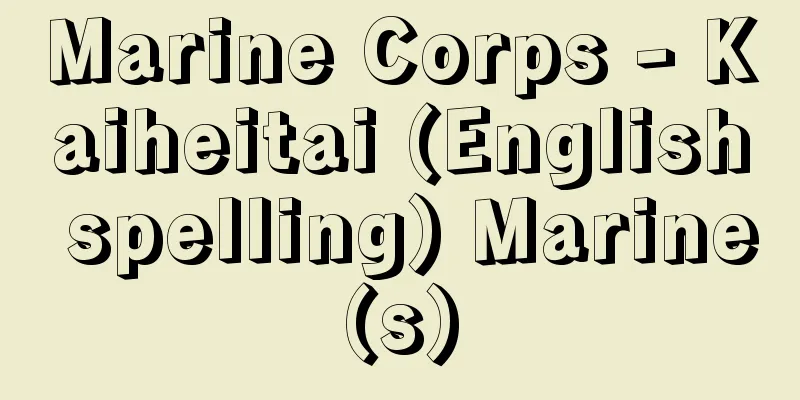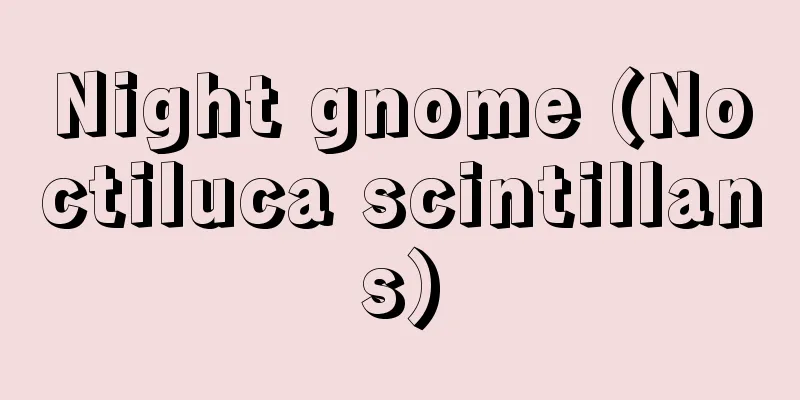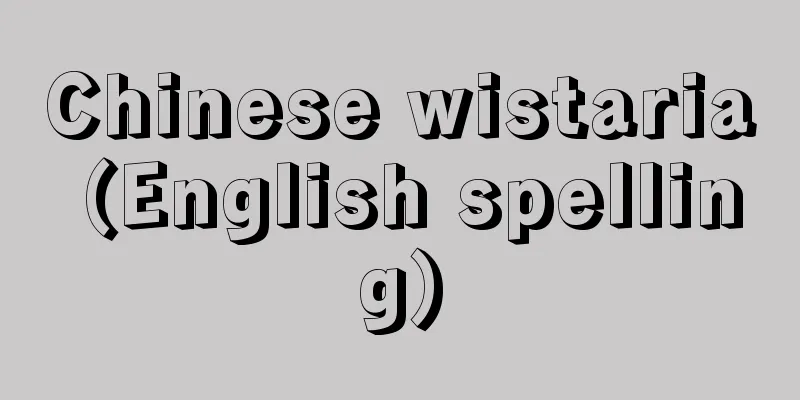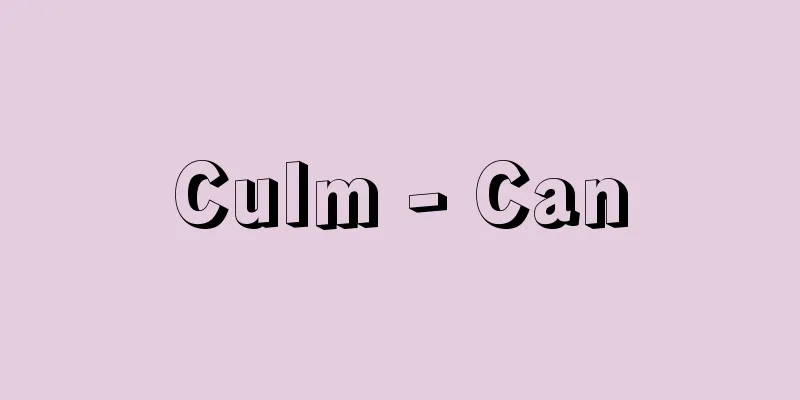Saprophagy
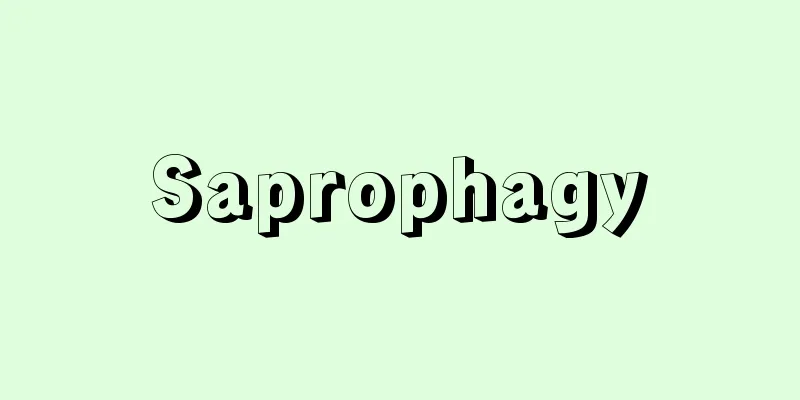
|
…Plants that cannot synthesize enough nutrients to live independently and obtain nutrients by attaching themselves to other objects are called heterotrophs. When the object they attach to is dead organic matter, they are called necrositisers or saprophagic plants, and such plants are called saprophytes. However, there are no true saprophytes among higher plants; they are mycorrhizal plants that obtain nutrients from saprophytic mycorrhizae, or more precisely, plants that parasitise saprophytic fungi. … *Some terminology explanations that mention "saprophagy" are listed below. Source | Heibonsha World Encyclopedia 2nd Edition | Information |
|
…植物のうち,独立で生活できるだけの栄養物を合成することができず,他物に寄り付いて栄養を得るものを他養というが,寄り付くものが死んだ有機物である場合を死物寄生または腐生saprophagyといい,そのような植物を腐生植物という。ただし,高等植物には真の腐生植物はなく,腐生的な菌根から養分をとる菌根植物で,正確には腐生菌類に寄生する植物である。… ※「saprophagy」について言及している用語解説の一部を掲載しています。 出典|株式会社平凡社世界大百科事典 第2版について | 情報 |
>>: Sapucaia nut (English spelling) sapucaianut
Recommend
Nicolai, P.
... Among the works of Luther, for which he wrote...
intermittent motion mechanism
…The power extracted from prime movers such as el...
merchant's ring
...Later, when the king sent his representatives,...
What is the Third Estate?
A pamphlet written by French politician Sieyès in...
Beeckman, I.
…He then studied law at the University of Poitier...
Erysipelas (English spelling)
What is the disease? A shallow area of the skin...
Kamakura Three Generations Chronicle
Joruri Gidayubushi. Historical piece. 10 acts. Pr...
Hepatic encephalopathy
…If the tendency to bleed increases, it can ruptu...
Inkstone box - Suzuribako
A box that contains tools necessary for writing, ...
Market price - Shichuusoba
A market price that treats a collection of individ...
Thjazi
...The marriage of Njörðr and the giant's dau...
Bayerische Motem Werke (English spelling)
…[Akihiko Suzuki]. … *Some of the terminology ref...
Dall's porpoise (English spelling)
...A mammal of the family Phocoenoides. One of th...
Secret funds embezzlement case
…The word 'saga' originally meant a case ...
non-Darwinian evolution
...The theory proposed by Kimura Motoo (1968), JL...
